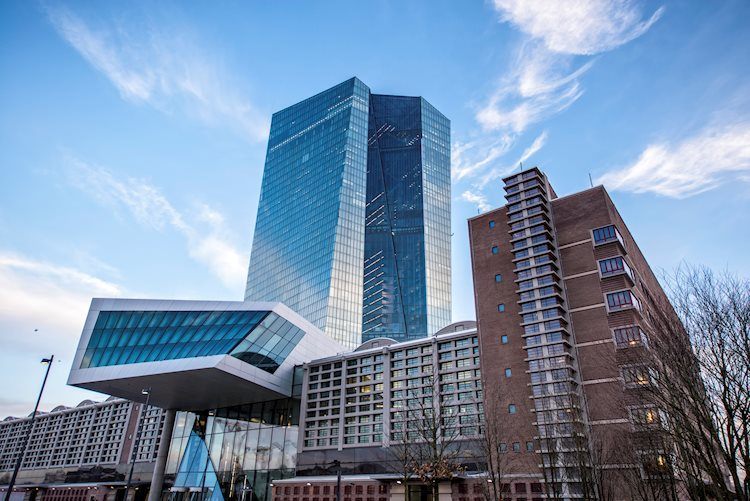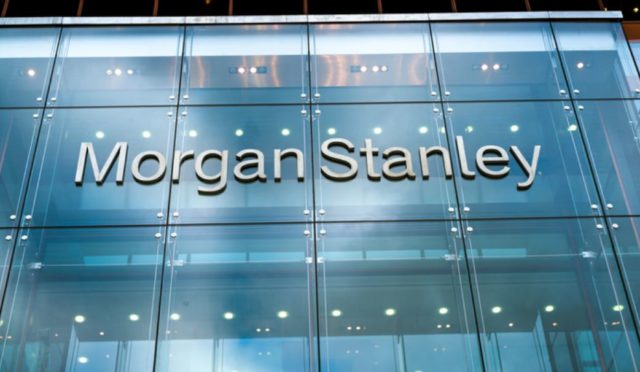Azul recorded net income of R$2.65 billion in the first quarter of 2022, reversing a loss of R$2.65 billion in the same period of 2021, the company said in a balance sheet sent to the Securities and Exchange Commission (CVM) this Monday. fair (9).
In the adjusted criteria, the airline reported a net loss of BRL 808.4 million in the period, compared to losses of BRL 1.06 billion in the same period last year.
Cash generation measured by earnings before interest, taxes, depreciation and amortization (Ebitda) reached R$592.7 million in the first quarter, up 357.1% over the same period in 2021.
As a result, the company ended the period with an Ebitda margin of 18.6%, an increase of 11.5 percentage points in the annual comparison.
“Without the impact of Ômicron, we estimate that the Ebitda would have been close to R$ 900 million”, said in the balance sheet the CEO of Azul, John Rodgerson.
He added that the company ended the quarter with nine consecutive months of “strong and growing leisure demand”, while corporate “rapidly accelerated”, allowing tariff hikes to offset rising fuel prices.
Total net revenue of BRL 3.2 billion from January to March was a record and an increase of 74.9% over the same period last year and 25.6% compared to the same period in 2019, pre-pandemic level.
Passenger revenue reached R$2.84 billion in the first quarter, up 77.9% year-on-year. Revenue from cargo and others totaled R$ 350.1 million in the period, an increase of 53.4% on the same basis of comparison.
According to Rodgerson, rates are currently at record levels, far above 2019. Compared to 2019, corporate revenue “has recovered more than 120%, while corporate traffic is still at 71% of pre-pandemic levels.”
“While we faced short-term operational challenges due to Ômicron during the first quarter of 2022, this effect is now behind us.”
projections
Azul also released its projections (guidance) for 2022 and 2023 on Monday, in which it expects to increase capacity by approximately 10% this year compared to 2019.
The company highlights that it reached a record 151 destinations served in the first quarter.
“We also saw nine straight months of strong and growing leisure demand, while corporate accelerated rapidly. As a result, we expect to grow total capacity by approximately 10% in 2022 compared to 2019,” he says.
The company also expects to increase operating revenue per available seat kilometer (RASK) by more than 20% in full-year 2022 compared to 2019.
According to a material fact, the company ended the first quarter with rates at record levels in both the leisure and corporate segments.
“Compared to 2019, corporate revenue has already recovered over 120%, while corporate traffic is still at 71% of pre-pandemic levels, indicating potential for further recovery. We remain confident of our revenue potential for 2022 and we estimate that our RASK will increase by more than 20% in 2022 compared to 2019,” he notes.
In addition, Azul expects to generate Ebitda of R$4 billion in 2022 and R$5.5 billion in 2023. The company points out that it remains strongly focused on executing the business plan for 2022, with an emphasis on expanding the exclusive network, with discipline in capacity management and efficiency gains.
The estimate considers the current scenario of demand, fuel and exchange, even with the impact of the Ômicron variant in the first quarter. In 2019, the company recorded a record Ebitda of R$3.6 billion.
Finally, the airline expects to end 2022 with leverage calculated by the net debt/EBITDA ratio for the last twelve months starting at 5 times, including cash and cash equivalents, short-term investments and accounts receivable, in addition to excluding convertible debentures.
“Considering the current scenario of demand recovery and revenue growth already realized in 2022, in addition to our deleveraging and Ebitda generation strategy, we are confident that we will be able to end 2022 with a leverage starting at 5 and continue to reduce our leverage organically, taking it to levels starting with 4 in 2023 and 3 in 2024.”
Source: CNN Brasil
I am Sophia william, author of World Stock Market. I have a degree in journalism from the University of Missouri and I have worked as a reporter for several news websites. I have a passion for writing and informing people about the latest news and events happening in the world. I strive to be accurate and unbiased in my reporting, and I hope to provide readers with valuable information that they can use to make informed decisions.






